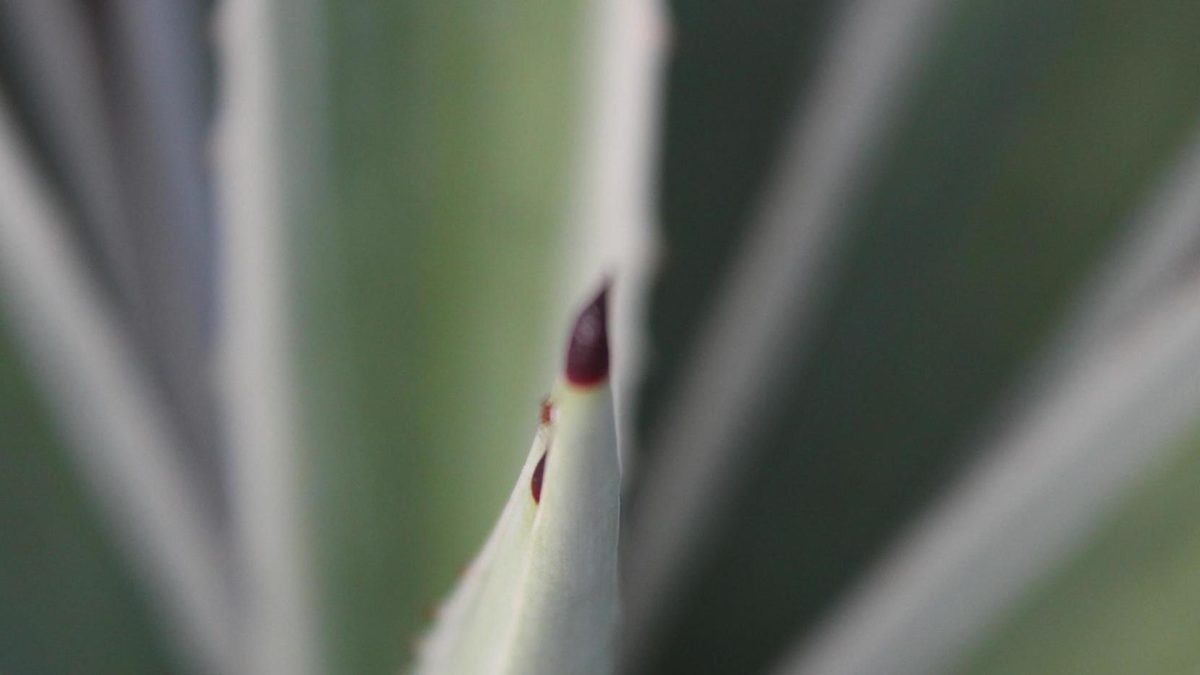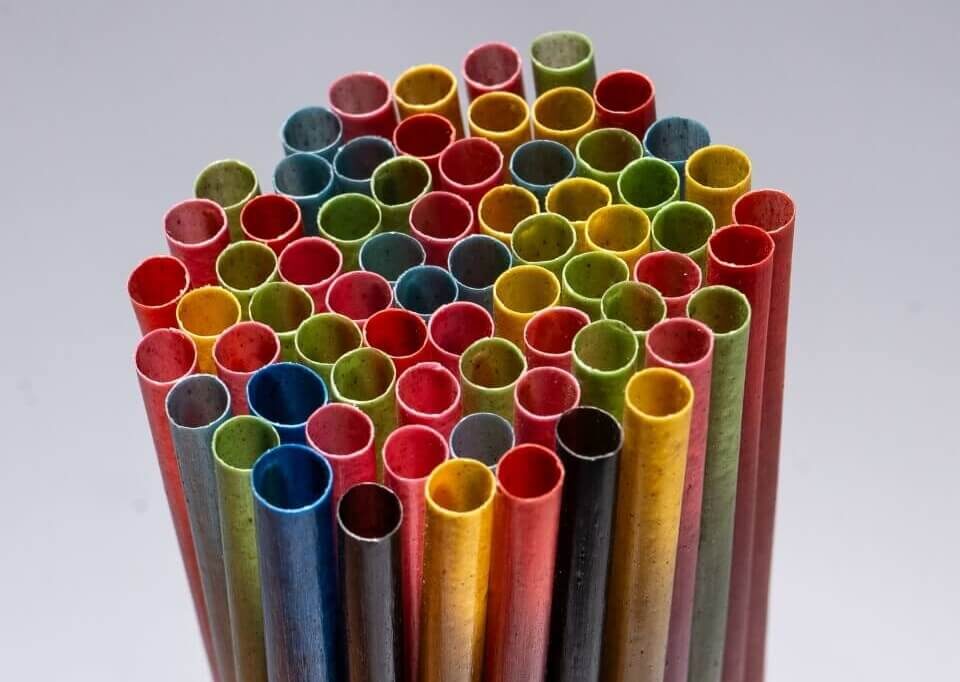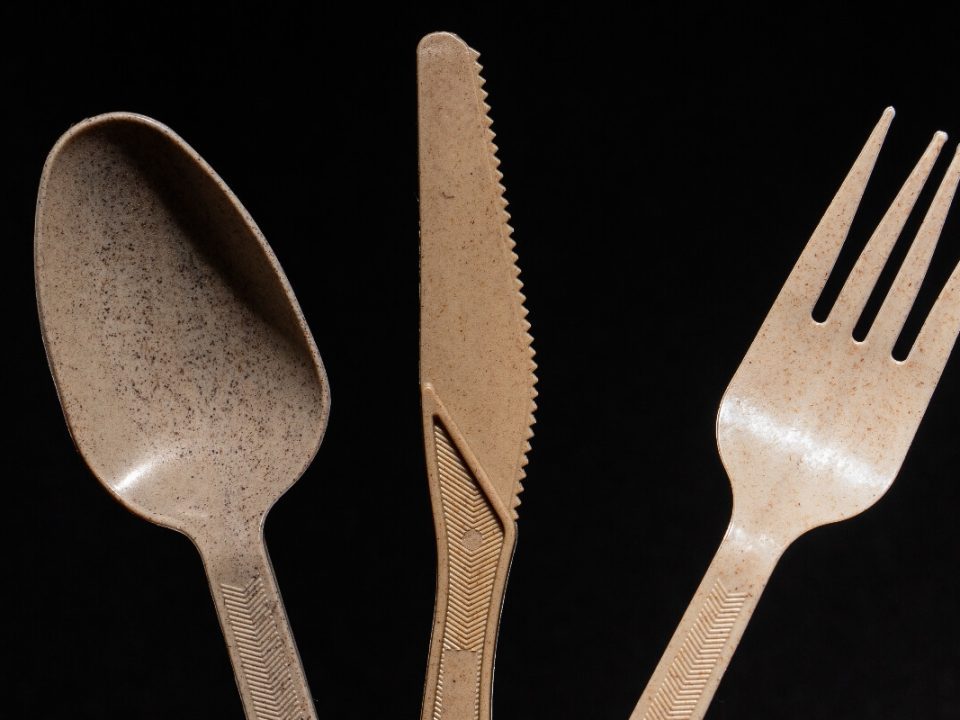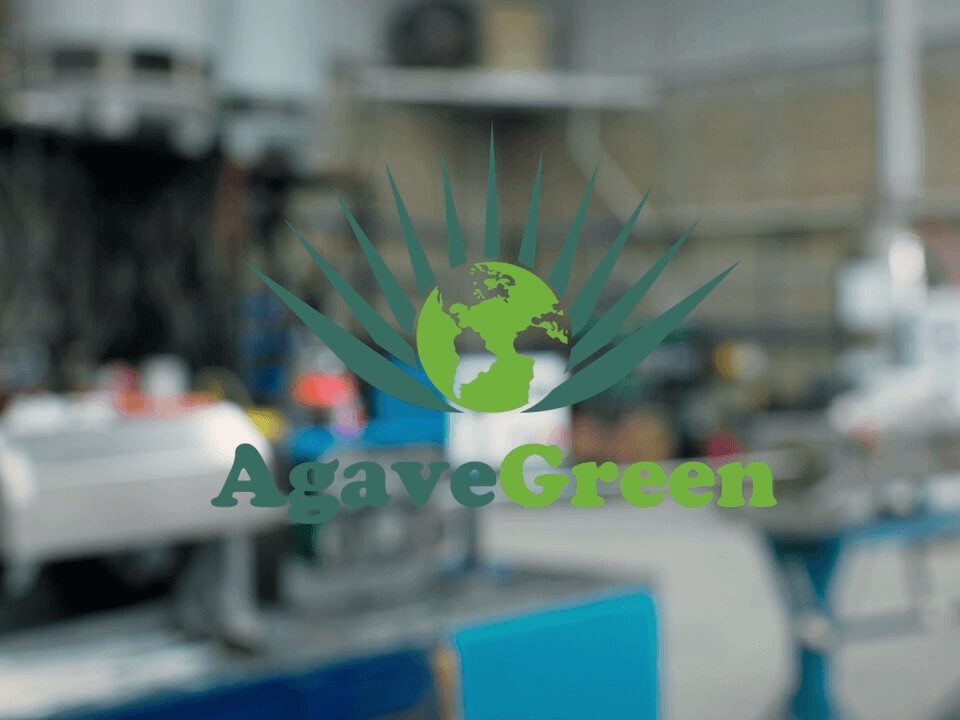1. Responsible Origin: Circular and Local Harvesting
Agave straws are made from agave bagasse, the fibrous residue resulting from the tequila production process. Instead of discarding or burning it—which pollutes the air—it is used as a raw material to create sustainable bioplastics. This contributes to a circular economy, taking advantage of an up-to-date and available resource in Mexico. (smartgreen.com.mx, teorema.com.mx, revistaquixe.com)
2. Reduced environmental impact
- They degrade between 100 and 200 times faster than traditional plastic straws. Some studies indicate that they can decompose in 3 to 6 months under natural conditions. (Radio Formula)
- In contrast, plastic straws take between 200 and 500 years to disappear. (Radio Fórmula, revistaquixe.com)
- Other alternatives such as paper or PLA (bioplastic derived from corn starch), although biodegradable, can degrade in 90 to 150 days and require specific conditions. (El Informador, Wikipedia)
3. Superior Durability and User Experience
- Unlike paper, agave straws maintain their shape in hot and cold drinks, withstanding temperatures from –15°C to 40°C without disintegrating or affecting the flavor. (Reddit)
- Users say the drinking experience is very similar to that of plastic straws: “It feels like a slightly thicker plastic and doesn’t fall apart in your drink.” (Reddit)
- They are also reported to have a soft, stiff texture that is almost indistinguishable from straws. Plastics:
“It’s very similar to a traditional straw, more rigid… very soft and didn’t disintegrate during normal eating like paper does.”(Reddit)
4. Technological and national innovation
- The Agave material, developed by Mexican companies, is an agave-based bioplastic that replaces approximately one-third of the conventional polymer used in straws.
- Poly Agave reduces the carbon and water footprint, since agave requires rainwater and not intensive irrigation. It’s also recyclable, BPA-free, and food-safe (FDA certified).
- This Mexican innovation promotes sustainable products with a local identity and reduces the use of fossil fuels.
Quick Comparison
| Material | Degradation Time | Durability | Origin / Impact |
|---|---|---|---|
| Conventional Plastic | 200–500 years | High (but polluting) | Oil |
| Agave fiber | 90–120 days |






